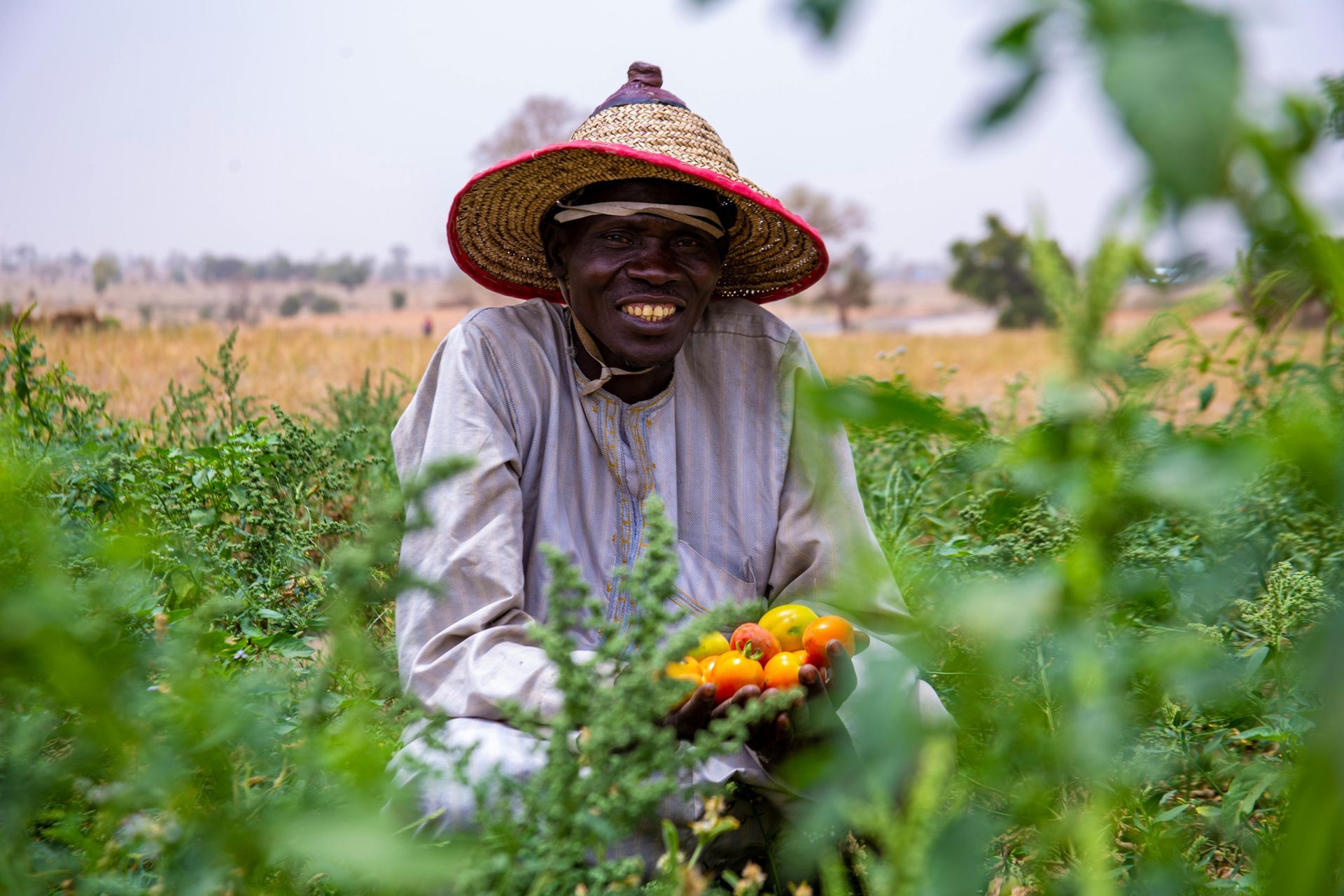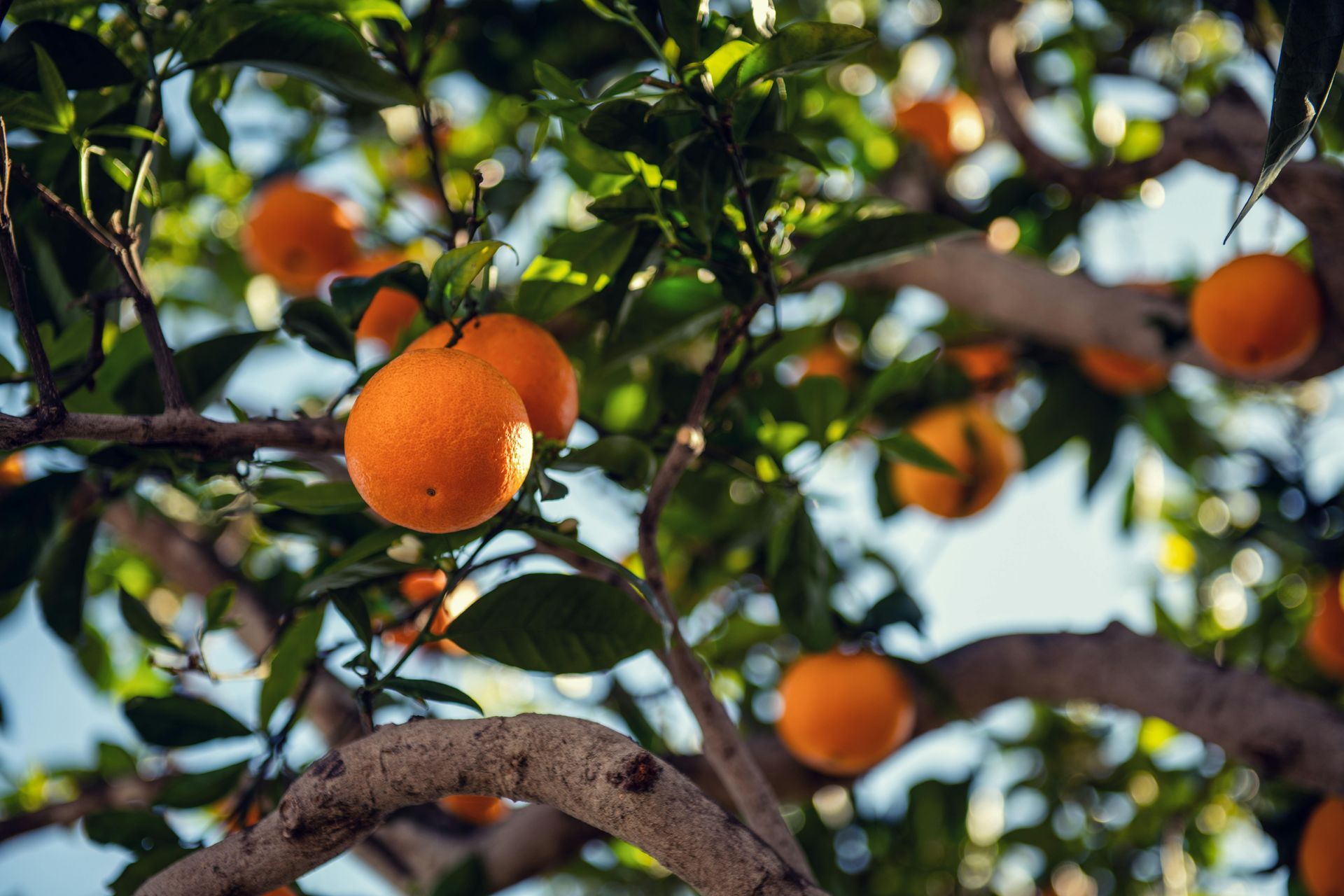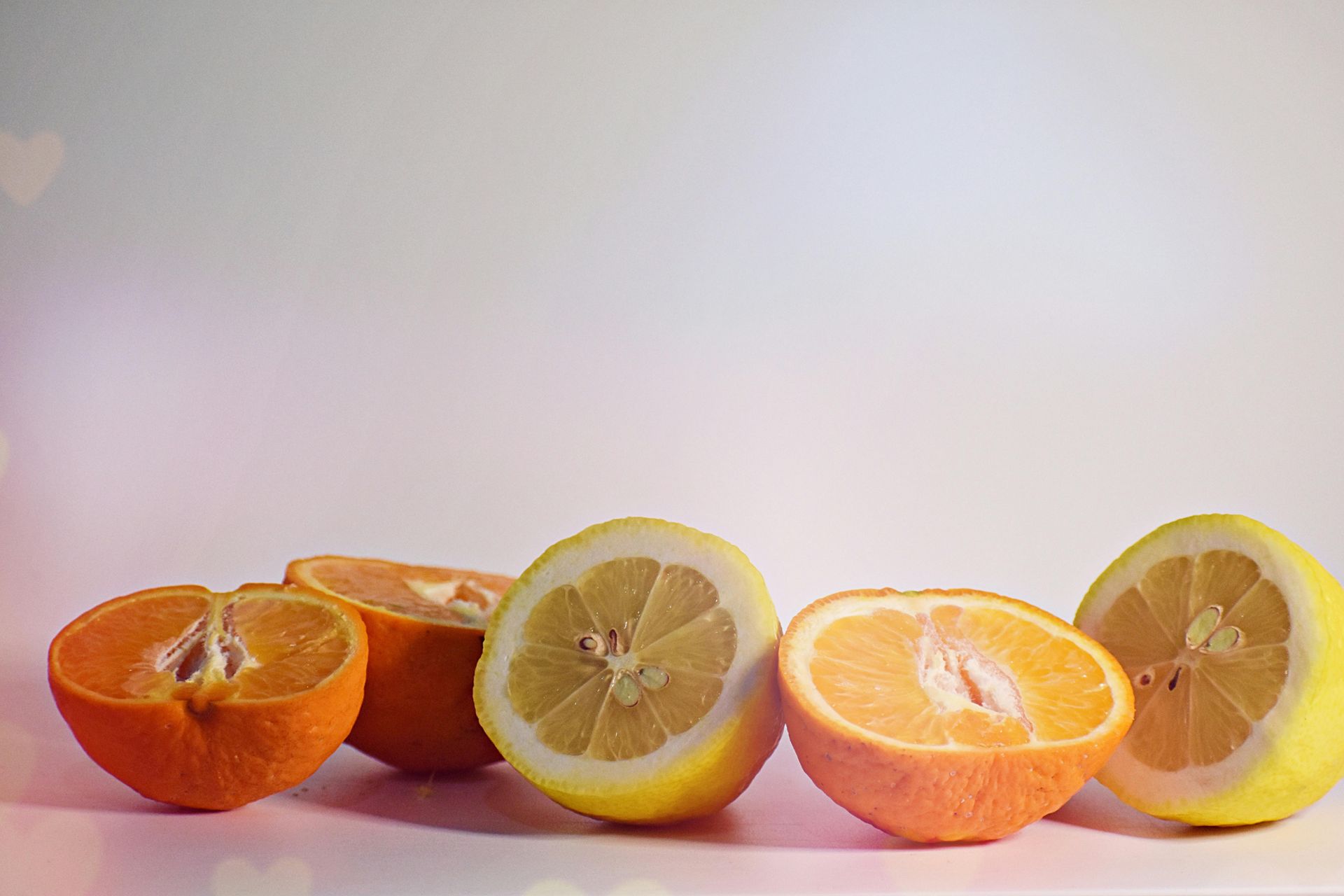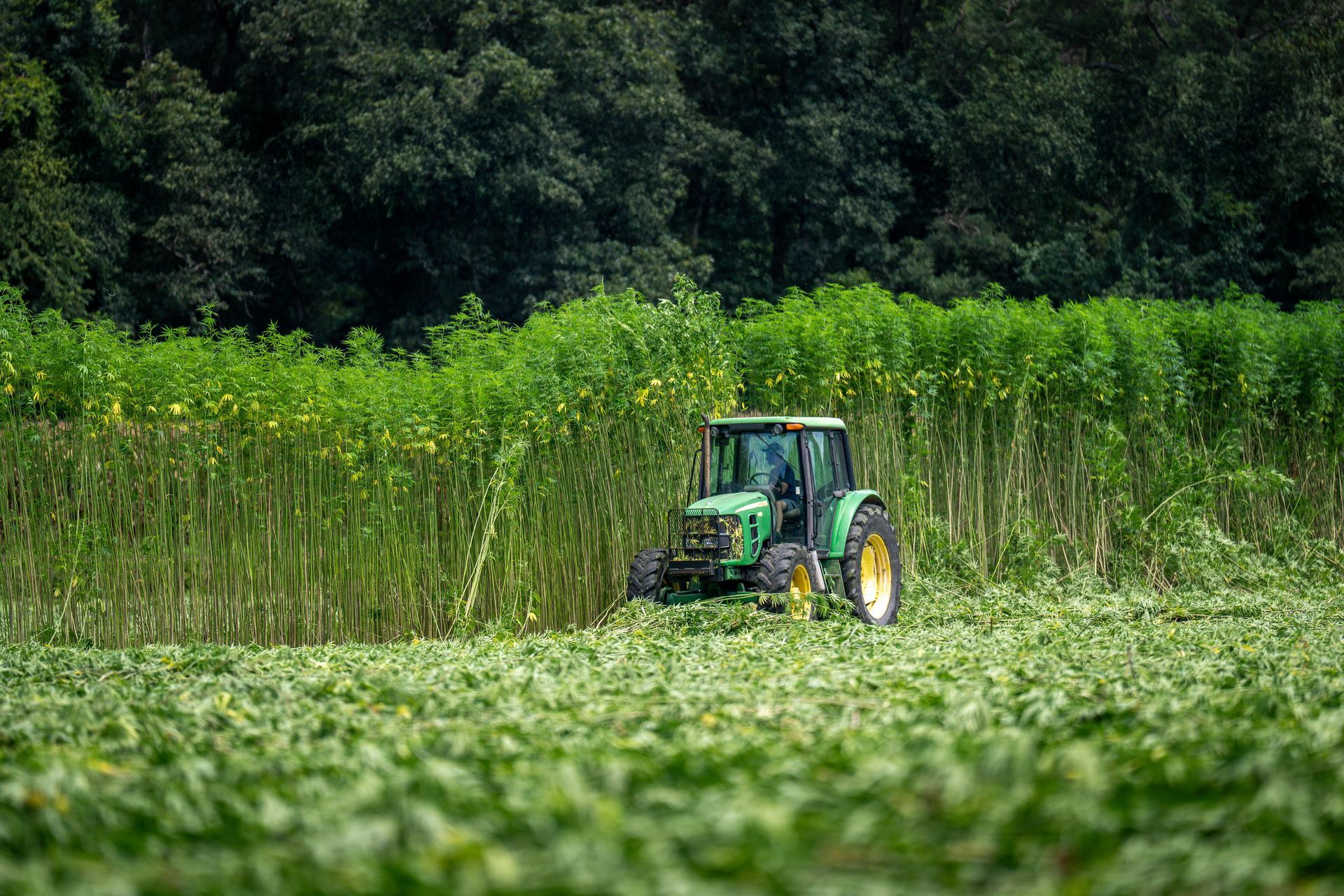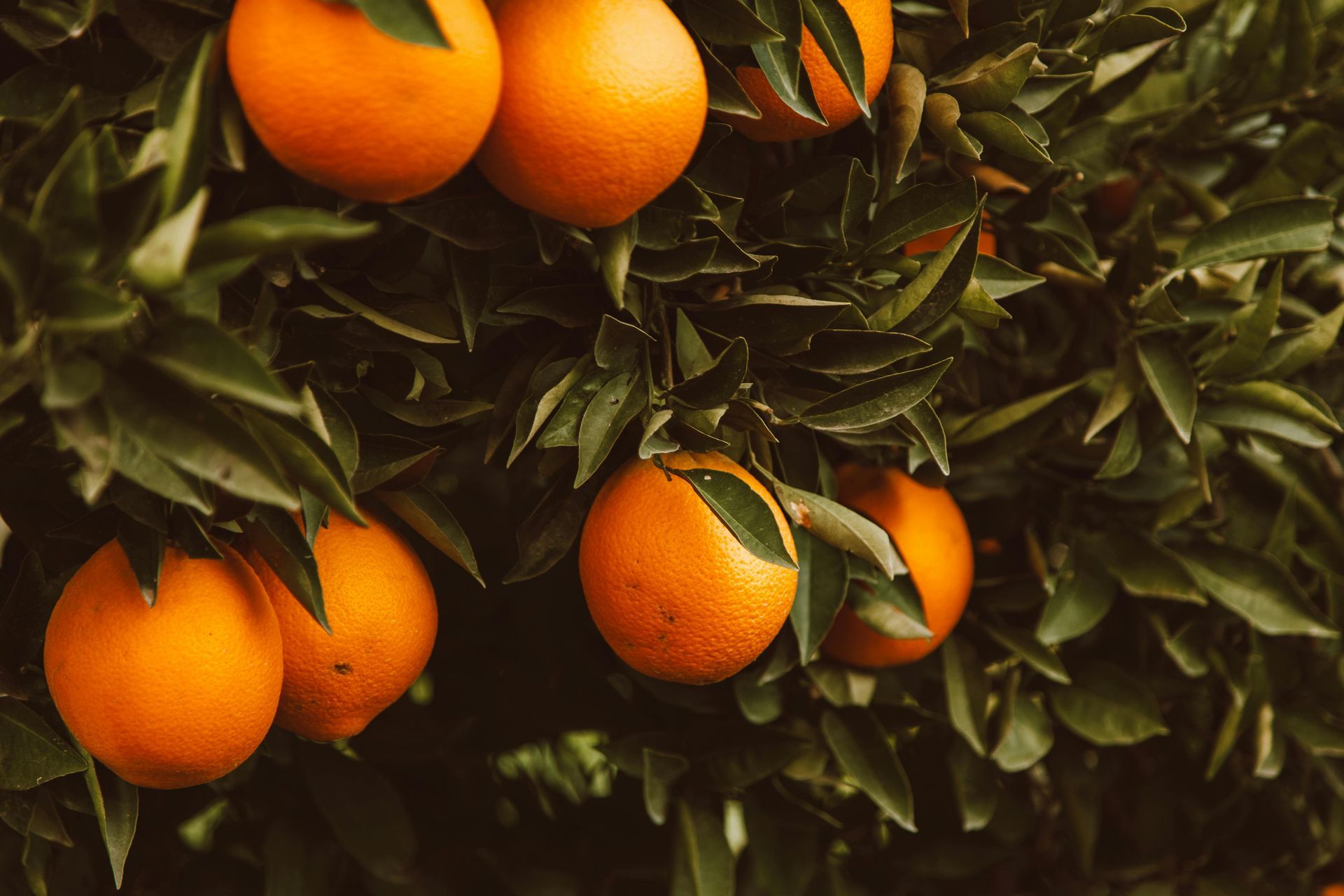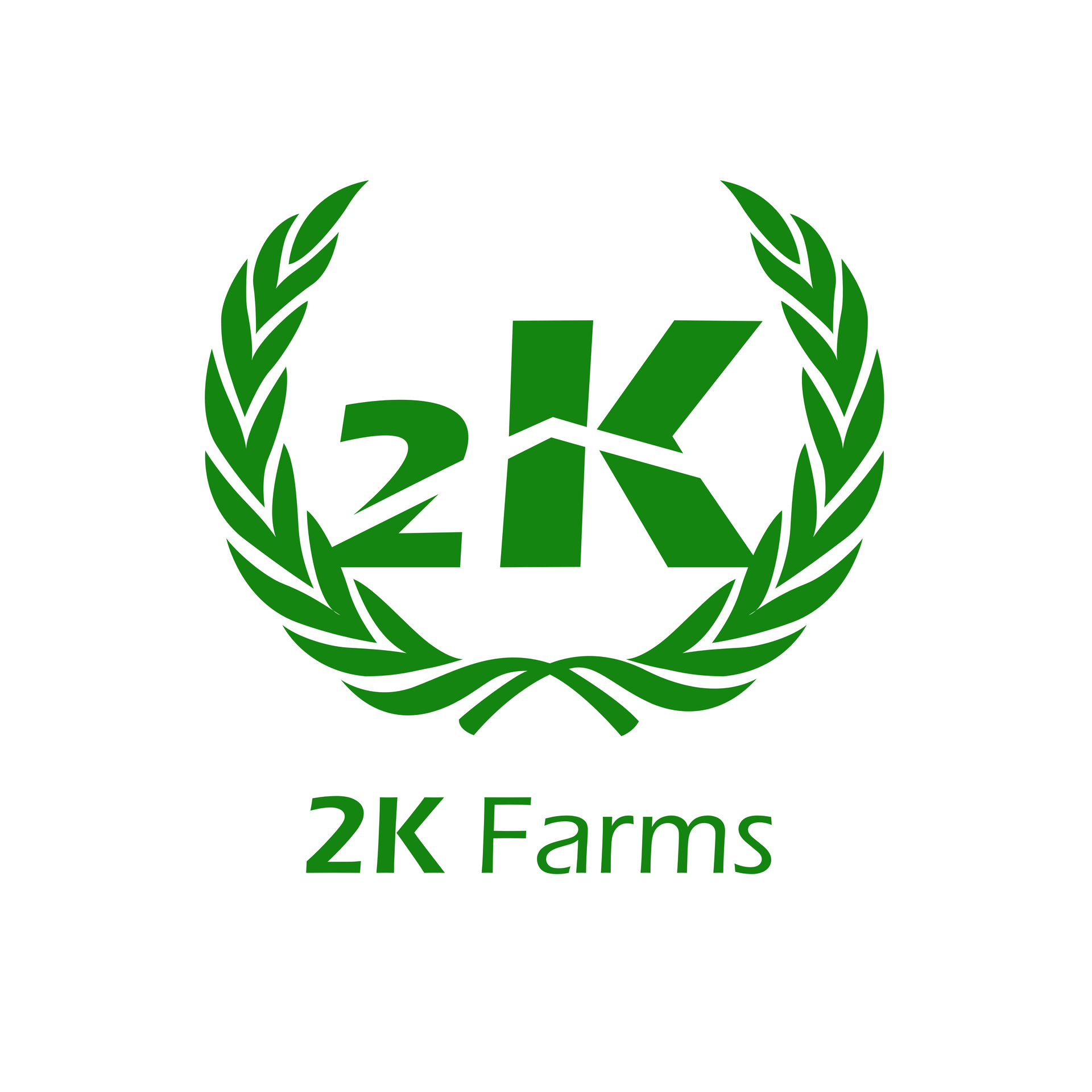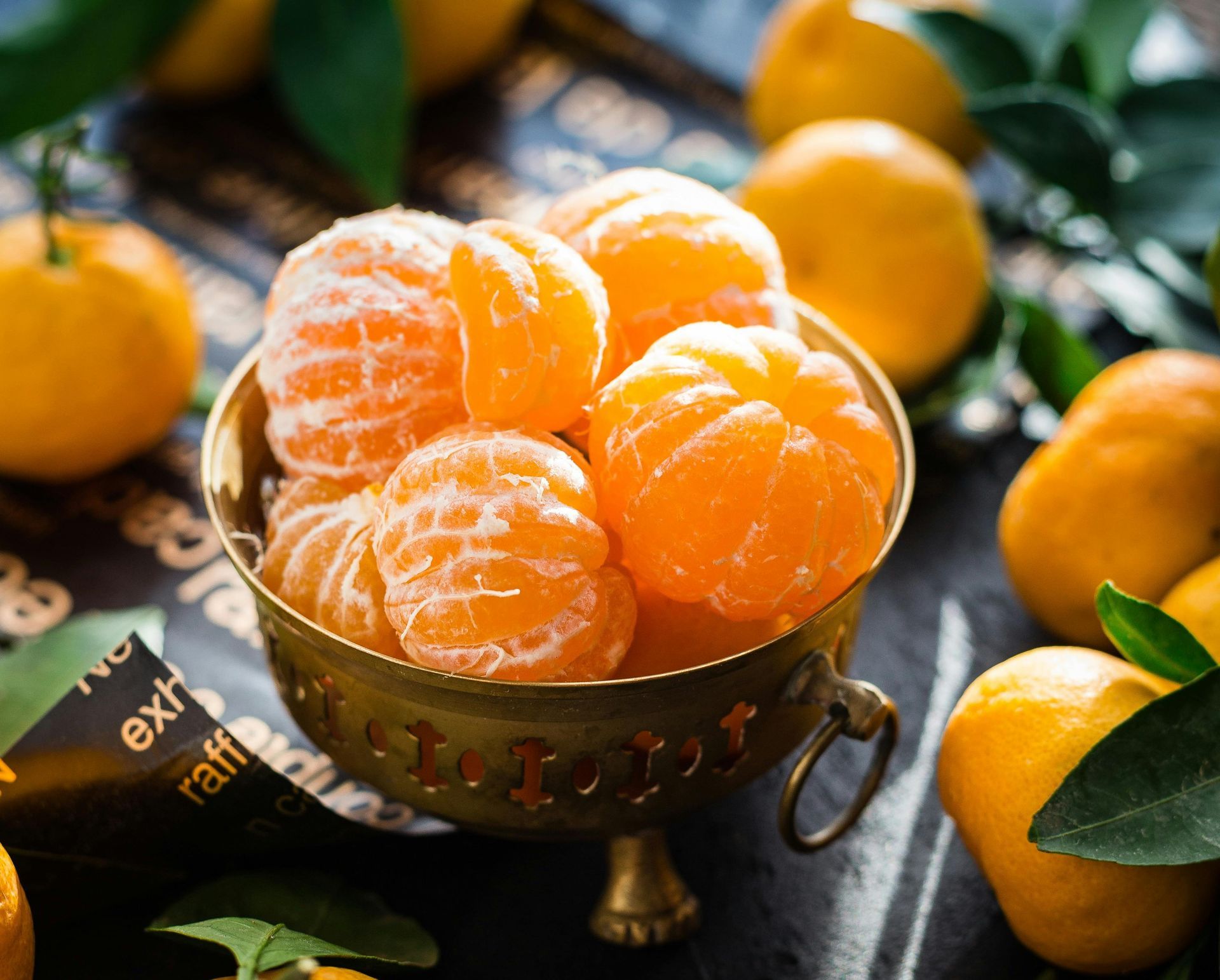The Heart of Ghana’s Fruitful Season
As we step into the vibrant month of July, the Ghanaian landscape begins to flourish in one of the most bountiful periods of the agricultural calendar. This mid-year moment marks a crucial time for fruit growers across the country, with fields and orchards bursting with life and the promise of nutritious, naturally ripened produce. From mangoes to watermelons, pawpaw to pineapples, July is a peak season that symbolizes not just growth, but also resilience, preparation, and opportunity.
The July Transition: From Rain to Richness
July sits at the confluence of Ghana’s two main climatic seasons. The early part of the year is marked by the first rainy season, and by July, farmers begin seeing the fruits of their labour. The rainfall in preceding months has enriched the soil, providing the moisture necessary for trees and crops to thrive. This time is vital for farmers as it allows them to manage crop development effectively, ensuring that the produce is of high quality and meets the growing demand from markets both locally and abroad.
In particular, this month is important for fruit farms situated in fertile zones such as the Eastern, Volta, and Brong-Ahafo regions. These areas receive just the right amount of rain to support tropical fruit development while allowing for sun exposure to enhance ripening and sweetness.
Fruits in Season: Nature’s July Offerings
In July, many fruits reach their prime. The mango season, which typically begins in May, continues strong into July. You’ll find late-season varieties that are especially juicy and aromatic during this period. Mangoes not only serve as a local delicacy but also play a significant role in the export economy, providing income for farming communities.
Pineapples, another star of Ghana’s fruit industry, reach peak sweetness now, especially the MD2 variety known for its low acidity and rich taste. These are popular both domestically and internationally, often used in juices, smoothies, and dried snacks.
Papayas (pawpaw) flourish during July as well. These fruits are fast-growing and benefit greatly from the consistent moisture and warmth of this season. Rich in enzymes and vitamins, pawpaw is increasingly being used in wellness and skincare products, adding value to its already important nutritional profile.
Other fruits such as bananas, guavas, and watermelon also mature around this time, offering consumers a diverse basket of fresh, healthy options that are both affordable and abundant.
Why July Matters for Farmers
Beyond the harvest, July is a time for planning and reinvestment. Farmers assess the outcomes of the early rainy season and make decisions for the second half of the year. They prepare land for the next crop cycle, apply organic composts, and address pest management with sustainable solutions.
It is also a time of active market engagement. With harvest volumes high, farms work closely with traders, retailers, and processors to ensure that fruits get to the right consumers efficiently. Exporters become particularly busy in July, capitalizing on international demand for tropical fruits at a time when quality is unmatched.
A Time for Health and Celebration
For the Ghanaian population, July is more than just a farming season—it’s a season of celebration and wellness. Access to fresh fruits increases dramatically, making it easier for households to incorporate healthier food choices into their diets. From roadside vendors to urban markets, the sight of ripe mangoes, golden pineapples, and freshly sliced pawpaw becomes a common joy shared across the country.
Culturally, fruit also plays a central role in festivals and communal gatherings that take place in mid-year months. This enhances the sense of identity and pride in local produce and reminds us of the richness of Ghana’s soil.
The Global Picture: Ghana’s Fruits on the World Stage
As interest in organic, ethically sourced, and naturally ripened fruits continues to grow globally, July positions Ghana as a key contributor to the international fruit market. The country’s fruits are known for their flavour and nutrition, and thanks to improvements in logistics and cold chain systems, they are reaching shelves in Europe, the Middle East, and beyond with greater speed and consistency.
Sustainable fruit farming is not only feeding families; it’s empowering communities, supporting livelihoods, and contributing to environmental stewardship.
It’s July—the month where nature gives back.
Let this season inspire your table, your diet, and your appreciation for the farmers who work tirelessly behind the scenes. Choose fresh, choose local, and choose natural. To discover where this quality truly begins, visit www.2kfarms.com
#FarmFresh #GhanaFruits #FruitSeason #EatLocal #TropicalGoodness #HealthyLiving #SupportLocalFarmers #OrganicGhana #JulyHarvest #SustainableFarming #GhanaAgriculture #FarmToTable
